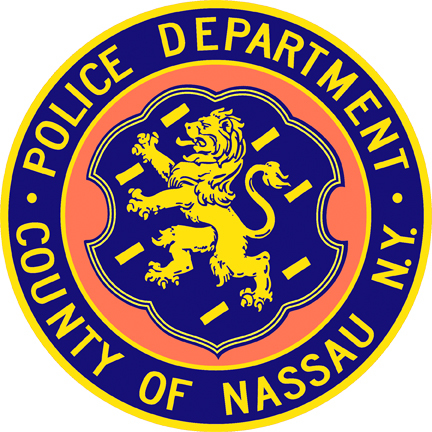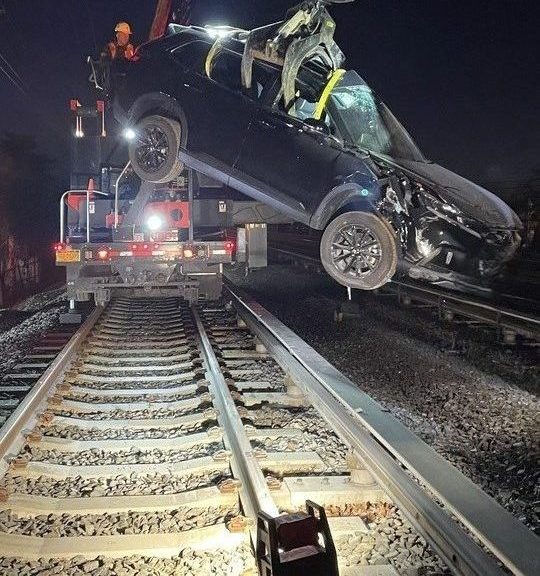
The community room of the Great Neck Library’s Main Branch was filled with attendees, who had come for the Not My Child forum on opioid addiction and overdose, on the evening of Nov. 1.
The forum, sponsored by the Great Neck United Parent Teacher Council (UPTC) Total Community Involvement Committee, North Shore Action and the Sephardic Heritage Alliance, Inc. (SHAI), drew an audience of approximately 250 people representing a broad cross-section of Great Neck, including at least 30 students.

Attesting to the importance of the issue across the political spectrum, several elected officials were also in attendance, including State Senator Elaine Phillips, State Assemblyman Anthony D’Urso, Nassau County Legislator Ellen Birnbaum and North Hempstead Councilwoman Anna Kaplan, as well as school board members and Dr. Teresa Prendergast, superintendent of Great Neck Public Schools.
The forum opened with introductions, all of which stressed the importance of addressing the issues of opioid addiction and overdose to our community personally, not just as an abstract concern.

“Our goal is to inform you about the clear and present danger of opioids to our children, and to support and fortify one another, as a community, especially those who are dealing with drug addiction and mental-health challenges in their households,” said Jacqueline Harounian of North Shore Action, the moderator for the evening. “No one wants to think that their child is using street drugs or engaging in reckless and even deadly personal behavior. But this is the exact circumstance facing parents in Great Neck and, tragically, we have had fatal overdoses in Great Neck—students in both public school and private school. There have been more than 400 other opioid deaths on Long Island in the past year alone.”

The evening’s panelists included experts in the field of mental health and opioid addiction. Maria Cuadra, CEO of COPAY in Great Neck, emphasized how important it is for parents to pay attention to changes in their children’s behavior, and to screen for signs of mental illness when children are young adolescents. She advised that sometimes teenagers turn to alcohol or marijuana to self-medicate when they are suffering from anxiety or depression.
Detective Pamela Stark of the Nassau County Police Task Force on Opioids spoke out against the many dangers of drug use. She also described social host laws that can result in the liability of individuals older than age 18 for the actions of others, or the potential liability of owners of a residence where such activities take place.

The importance of students developing confidence and refusal strategies so they can withstand the pressure to drink alcohol or do drugs was stressed by Amanda Cioffi of the Long Island Council on Alcoholism and Drug Dependence (LICADD). She discussed ways for students to respond to their peers when they are offered drugs or alcohol. She suggested that children say they have homework to do or a sports competition coming up. They can also say that they are afraid their parents will find out, or they can simply say they don’t want to drink or do drugs.

Cathy Samuels from the Manhasset Community Coalition Against Substance Abuse (CASA) talked about the need for parents to dissuade their children from drinking as young teenagers. Since brain development continues through age 25, children who abuse substances before then are at risk of developing a lifelong problem with addiction.
During the question-and-answer session, parents requested explanations and descriptions of the drugs being used at the current time. The panelists stressed that the drugs available now, including marijuana, which can be laced with other narcotics and is so much more potent that what was around when the parents were teens, and newer drugs such as Fentanyl, have changed the landscape of illicit drug use, making it even more dangerous.

The panelists also discussed the life-saving potential of Narcan, a pharmaceutical used to treat narcotic overdose in an emergency situation. Zachary Goldfarb, a paramedic at Great Neck Vigilant Fire Company, emphasized the importance of learning CPR, which can save a life in the case of a drug overdose.
The event organizers stressed the importance of not only educating parents and teens, and providing them with concrete tools to avoid falling victim to the opioid epidemic, but also the significance of building bridges between communities.

“Seeing the huge crowd of parents alongside their children, as well as concerned community members listening and learning intently to the panel discussion, is exactly what our UPTC’s overarching goal is—unity for a cause,” said Michelle Ahdoot, president of Great Neck’s UPTC. “We aim to build bridges and ensure that these bridges are built to last.”
A spokesperson for SHAI echoed Ahdoot’s sentiments, adding that SHAI has supported efforts to unify the community for many years, particularly via education, health and wellness.

On behalf of North Shore Action, Harounian announced her hope for an ongoing collaboration, along with her plan to bring a follow-up panel, concerning social media, bullying and depression, to the community in the spring.
“North Shore Action is dedicated to addressing the issues that concern our community,” she said. “We will strive to continue to do so in many ways, including by engaging with our elected officials directly on matters of importance to our community.”

The forum was recorded and will air on PATV at https://youtu.be/qzoBV49c4TY. To find the television schedule, visit www.patv.org.
To obtaining materials distributed at the forum or for information about future Narcan or CPR training, email northshoreaction@gmail.com.
Veronica Lurvey, a founding member of North Shore Action, is engaged in a variety of local community-service and community-building projects.

Learn more about our community’s response to the opioid epidemic by reading Jacqueline Harounian’s three-part series, “Not My Child: Preventing Drug Overdoses, Parts 1, 2 and 3” that appeared in the Great Neck Record in the weeks leading up to the forum.






























